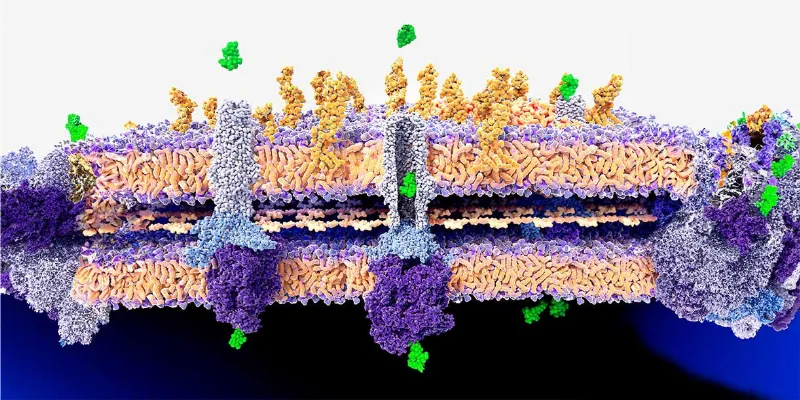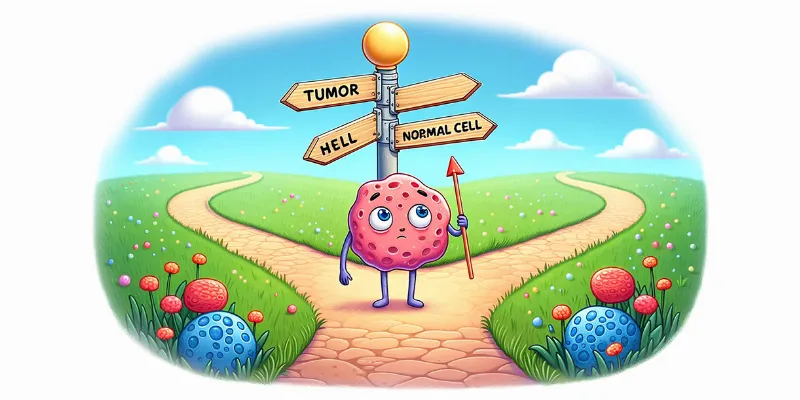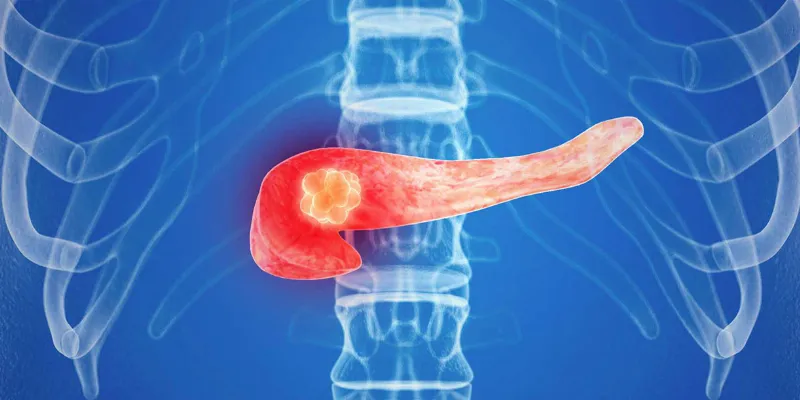EPFL Scientists Develop New Class of Oral Peptide Drugs for Complex Diseases

12 January 2024
Scientists at EPFL have developed orally available cyclic peptides, revolutionizing drug development. These peptides specifically target challenging proteins associated with certain cancers, demonstrating high affinity and specificity. The breakthrough significantly enhances the peptides' stability and absorption, exhibiting up to 18% bioavailability in rats. This advancement opens new avenues for treating previously untreatable diseases.
In a groundbreaking new study published in Nature Chemical Biology, scientists from the laboratory of Professor Christian Heinis at EPFL (École Polytechnique Fédérale de Lausanne) have reached a significant milestone in drug development. Their research paves the way for a new class of orally available drugs, tackling a long-standing challenge in the pharmaceutical industry.
For years, the medical community has faced a significant obstacle: numerous proteins essential for treating various diseases could not be targeted by oral drug therapy. Traditional small molecules often found it challenging to bind to proteins with flat surfaces or required specificity for particular protein homologs. In contrast, larger biologics capable of targeting these proteins typically necessitated injection, thereby limiting patient convenience and accessibility.
Cyclizing Breakthrough in Drug Development
The research led by Professor Christian Heinis at EPFL marks a significant milestone. They have successfully developed cyclic peptides that not only bind to a disease target of choice but can also be administered orally. This achievement opens doors to a new class of drugs, addressing a long-standing challenge in the pharmaceutical industry.
“There are many diseases for which the targets were identified but drugs binding and reaching them could not be developed,” says Professor Heinis. “Most of them are types of cancer, and many targets in these cancers are protein-protein interactions that are important for the tumor growth but cannot be inhibited.”
Cyclic peptides are known for their high affinity and specificity in binding challenging disease targets. However, their development as oral drugs has been hampered because they are rapidly digested or poorly absorbed by the gastrointestinal tract. This limitation has significantly restricted their application.
The Innovation: Two Steps in One Pot
The innovation lies in a two-step combinatorial synthesis strategy to create a vast library of cyclic peptides with thioether bonds, enhancing their metabolic stability for oral intake. The first step involves synthesizing linear peptides and then cyclizing them using bis-electrophilic linkers to form stable thioether bonds.
The second phase is acylation, attaching carboxylic acids to diversify their molecular structure. This method, executed in a single reactive container (a "one pot" approach), eliminates the need for intermediate purification steps, allowing high-throughput screening directly in the synthesis plates.
The team targeted thrombin, a crucial disease target due to its central role in blood coagulation. Their method yielded cyclic peptides with an average molecular mass of about 650 Daltons, just above the recommended maximum for orally available small molecules. Impressively, these peptides demonstrated a high affinity for thrombin and showed an oral bioavailability of up to 18% in rats - a significant leap from the usual 2% for cyclic peptides.
Abstract of the research
De novo development of small cyclic peptides that are orally bioavailable
Abstract: Cyclic peptides can bind challenging disease targets with high affinity and specificity, offering enormous opportunities for addressing unmet medical needs. However, as with biological drugs, most cyclic peptides cannot be applied orally because they are rapidly digested and/or display low absorption in the gastrointestinal tract, hampering their development as therapeutics. In this study, we developed a combinatorial synthesis and screening approach based on sequential cyclization and one-pot peptide acylation and screening, with the possibility of simultaneously interrogating activity and permeability. In a proof of concept, we synthesized a library of 8,448 cyclic peptides and screened them against the disease target thrombin. Our workflow allowed multiple iterative cycles of library synthesis and yielded cyclic peptides with nanomolar affinities, high stabilities and an oral bioavailability (%F) as high as 18% in rats. This method for generating orally available peptides is general and provides a promising push toward unlocking the full potential of peptides as therapeutics.











Comments
No Comments Yet!